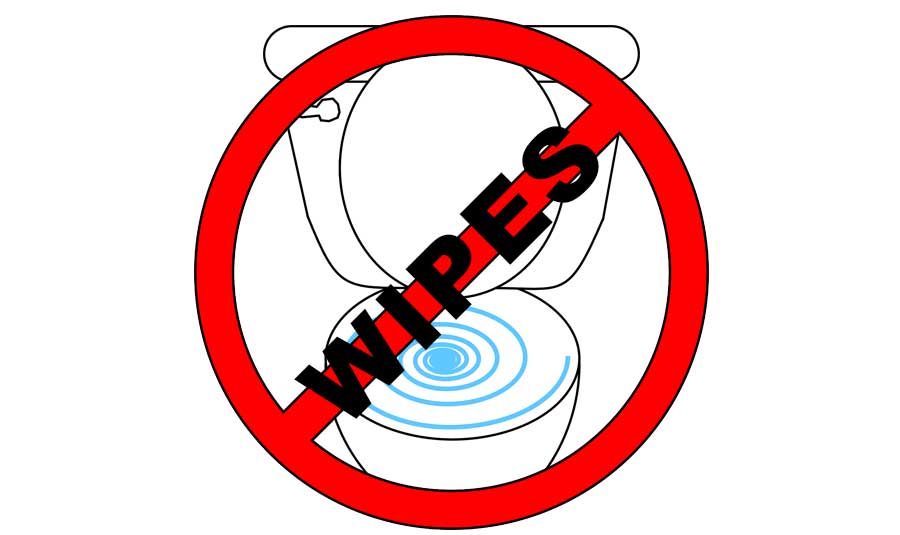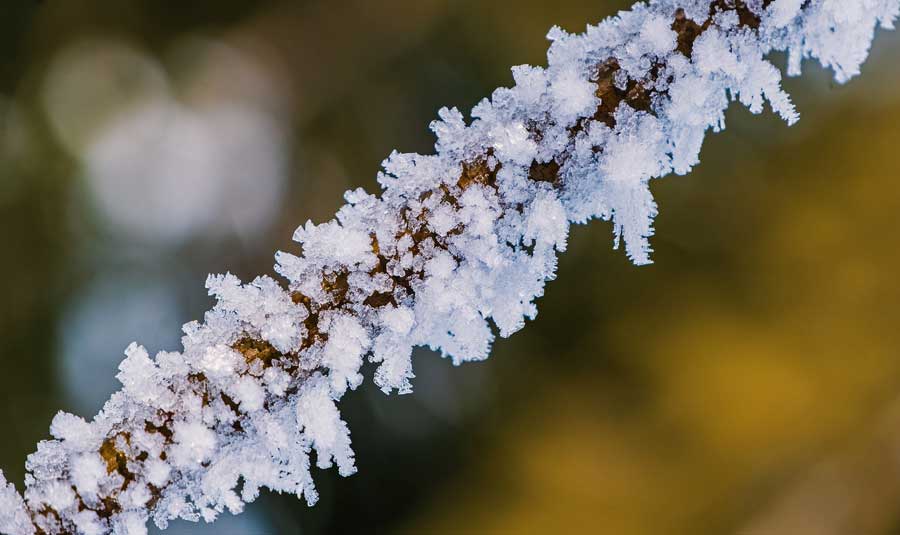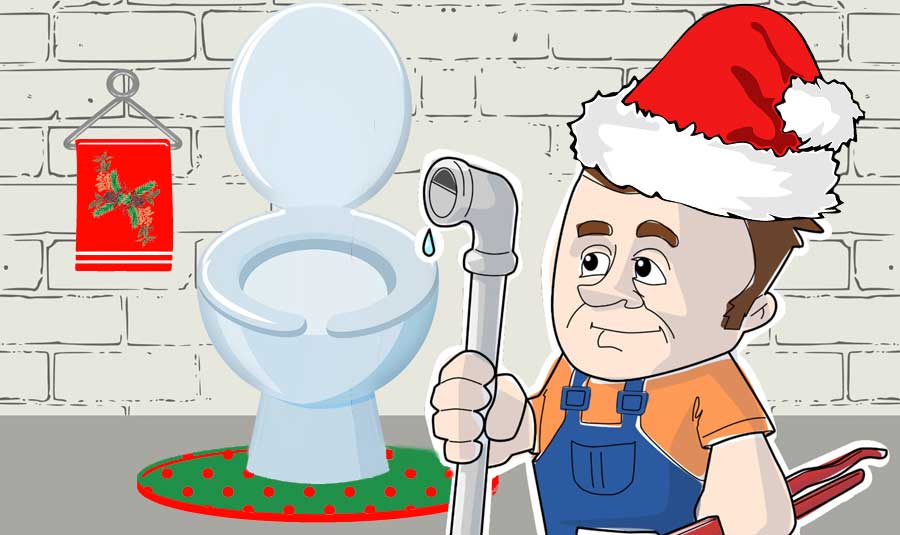Flushable wipes are not flushable, no matter what they say in the advertisements! We know, that’s pretty devastating to hear. After all, wipes are great for changing babies on the go or cleaning up small messes. They are easy and convenient. But unfortunately, not even “flushable” wipes should go anywhere near the toilet. “Why not?” you might be wondering.
Fall Plumbing Tips
by Nevie Sessoms, Owner One Stop Plumbing
As the leaves begin to change, now is the best time for Fall Plumbing Tips. We all want to enjoy the changing season. It brings cooler temperatures, football, and pumpkin-flavored everything. What we don’t want is to face plumbing disasters when winter comes. Water and cold temperatures can lead to freezing plumbing pipes and fixtures. With the friends and family coming for the holiday, you could be in for a nasty mess. But you can avoid this by doing your Fall plumbing maintenance. Winter will be here before you know it! Here are Fall Plumbing Tips to do now:
Protect Your Exposed Plumbing Pipes
Fall brings varying temperatures that can include dropping below the freezing point. And this can be tough on your pipes, causing them to expand, contract, and crack.
Insulate Exposed Water Pipes
Insulation is one very important thing you can do to protect your pipes. This includes both pipes found outside and those in basements, under porches, and in garages. And, don’t forget your HVAC system’s drain pipe. If it freezes, it can back up into your system. Adding insulation can help keep them from freezing. You can also take the extra step by applying a thermostat-controlled heat tape or cables.
Seal Gaps where Water Pipes enter your Home
In the places where pipes enter your home, gaps can appear around the opening. Both water and air can enter the space, leaving your pipes more exposed to the elements. Furthermore, the water can freeze on your pipes resulting in cracks and leaks. Fall is a great time to check for gaps, so you can apply caulking, insulation, or weather stripping.
Inspect and Fix any Leaks
While you’re looking for gaps and insulating your pipes, check for cracks or leaks. If you do find one, now is the time to get it fixed. Not only will you save on water, but you can avoid the damage caused by a burst pipe. No one wants to deal with a flood no matter the time of the year!
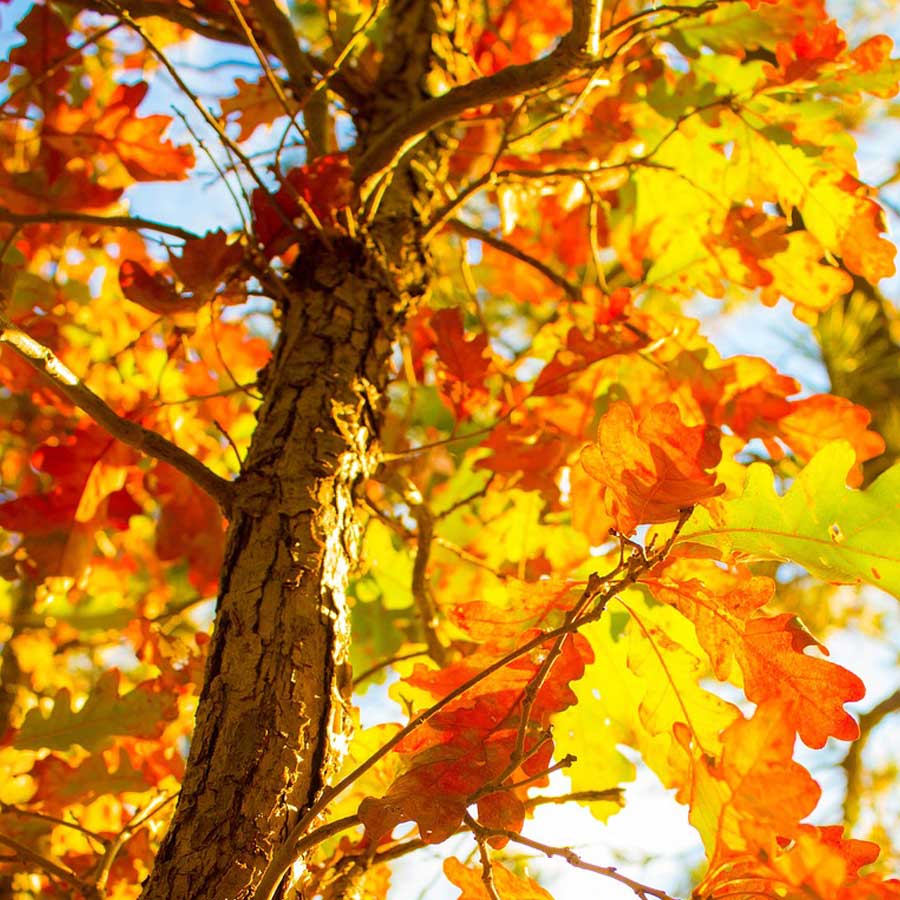
Outside Water Spigots
While temperatures are still mild in the Fall, it is a good time to check your outside water spigots. There are things you can do to make sure they are protected against freezing temperatures.
Fix any Leaking Outside Water Spigots
Leaking water spigots and freezing temperatures can lead to frozen and cracked pipes. Sometimes you won’t know it until the water starts pouring out in the Spring. Not to mention that the flooding could be hidden inside the wall and crawl space. That could lead to even bigger problems.
Cover and Insulate Outside Water Spigots
Once you’ve checked for leaks, it’s time to cover and insulate. You can use Styrofoam or rubber pipe insulation or a faucet insulation kit.
Shut off the Water to your Outside Water Spigots
In some homes, there are shut-off valves for outside water spigots. If you can locate them, it’s best to shut them off before the winter months.
Disconnect your Water Hose before the 1st Freeze
In the Fall, it’s best to disconnect your water hoses from the faucets. Not only can the hose freeze, but it can cause the pipe to freeze. Even better, drain and store your hoses in a dry place.
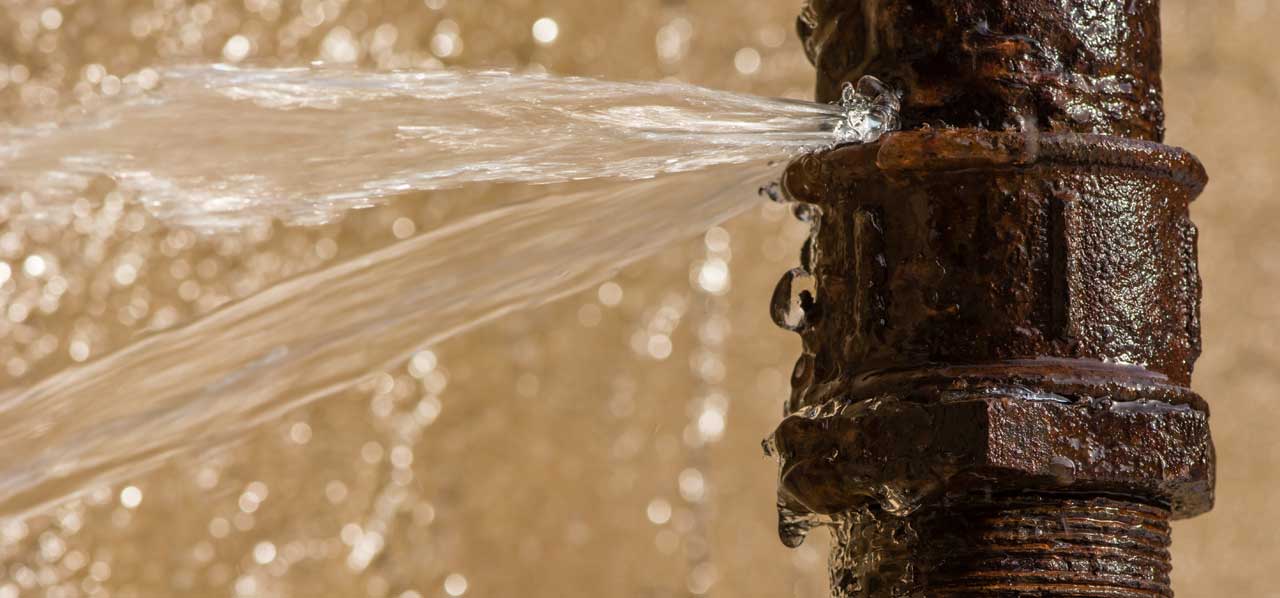
Sewer Line, Pipes, Drain, and Faucet Fall Maintenance Tips
As the holidays approach, you need to start thinking about your sewer line and pipes. Not a very pleasant or holiday-type thought, but it’s important. Why? Because they get more of a workout when friends and family come to visit. Fall is a good time to schedule a drain cleaning with a licensed plumber. Snaking the sewer line could do the trick, but as we’ve talked about in our blog, Some Plumbing Clogs need more Power. They need Hydro Jetting!
Sewer Lines
Sewer lines are not just your city’s problem. The line from your home to the street is your responsibility. Preventative maintenance can help you avoid a big, smelly problem.
Pipe Leaks and Drain Cleaning
Just like your sewer line, the drains and pipes leading to that line can clog. And leaky plumbing pipes can cause a lot of water damage in areas that you can’t see. In addition, check your sink and shower drains to see if they are slow to drain. And don’t forget your toilet! In some cases, you can perform some DIY, but for those hard-to-fix clogs, you may need a professional.
Leaky Faucets
Check your sink and shower faucets and showerheads for dripping. Often, you can fix this by adjusting or replacing fittings. Sometimes, though, the faucet is too worn out. In that case, it needs to be replaced.
Fall Plumbing Tips for Water Heater Maintenance
As we have detailed in our blog, Water Heater Maintenance Checklist – How to Extend the Life of Your Water Heater, there are things you can do to extend the life of your water heater. In the Fall as the temperature drops, your water heater works harder to provide those hot showers you love. During the cold winter months, it works overtime.
For traditional tank water heaters, Fall Maintenance should include the following tasks.
Drain and flush your water heater.
This will get rid of any sediment that has accumulated at the bottom of your water heater tank. The sediment can cause corrosion which, in turn, makes it less efficient.
Check the Pressure Relief Valve
If the pressure or temperature gets too high, the pressure relief valve will release water. Fall is a great time to test this valve, but be careful because the water is hot! To test, lift up the valve and let it snap back. This will allow a short burst of hot water to release. If this does not happen, it may be time to replace the valve. Additionally, if your water heater is over 5 years old, it’s best to call a plumber. Especially if the valve has never been tested.
Insulation
Just like with your exposed pipes, it’s important to insulate your water heater pipes. Most water heaters are in the garage, and some are in the attic. These areas can get very cold. Therefore, very cold water causes your water heater to work even harder to make it hot.
Temperature
Your water heater thermostat is not something that should be adjusted up and down on a regular basis. It’s better to control water temperature at the faucet. In the Fall, make sure your water heater’s thermostat is set at 120°F. Your water heater will perform better.
For Tankless or On-Demand Water Heaters
If you have one of the tankless or on-demand water heaters, it is best to check with your manufacturer’s guidelines for maintenance. If you are still uncertain, contact a licensed plumber.
Test and Clean your Sump Pump
If you have a sump pump, it’s there to protect against flooding from a plumbing appliance. It could be your water heater or drain pipes from your HVAC system. Fall is a good time to clean and test your sump pump. Make sure the power source is well-connected and the exterior pipe is clean. Next, test the sump pump. Fill the basin with water until the float rises. At that point, the sump pump should kick in and start pumping the water out. If it does not work, you may need to replace your pump.
Fall Plumbing Tips Before Leaving for Vacation
If you are leaving for vacation, there are a few things you can do to protect your home from a plumbing disaster. You can shut off the main water valve. Next, you can drain your pipes by turning on the faucets. Lastly, make sure your heat is not set below 55°F.
If you are leaving for the entire winter, then it is best to fully winterize your home. In this case, it is best to consult with a licensed plumber.
The cooling temperatures are a good reminder that your home needs to be ready for winter. You can help avoid a plumbing crisis by performing Fall Plumbing maintenance.
One Stop Plumbing
When a plumbing problem does happen, you can rely on One Stop Plumbing. While doing your fall maintenance, you may find things you can’t fix. The good news is that we are repair specialists. But, if it can’t be fixed, we can replace it. We have been serving Hampton Roads since 2015 and are fully licensed, bonded, and insured. Our owner Nevie Sessoms is a Master Plumber licensed by the Virginia Department of Professional Occupation and Regulation (DPOR) and a Master Gas Fitter.
Get ready for winter and give us a call!
If you see or hear a Drip. Drip. Drop. Call One Stop! (757) 321-8874!

